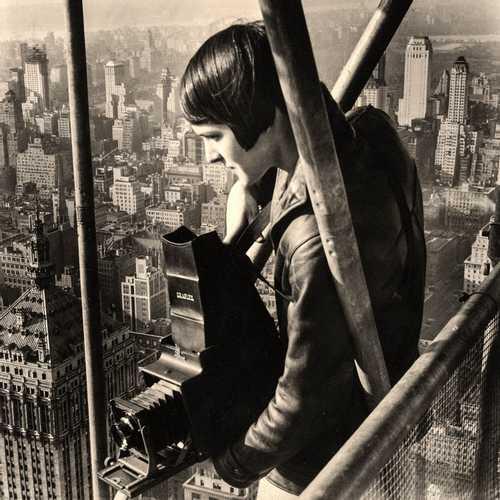Learn more about health with this collection
How to strengthen your willpower
How to overcome temptation and distractions
The role of motivation in willpower
Suffering from the fear of heights
People that have acrophobia have an irrational fear of heights. Many symptoms of acrophobia are shared with other anxiety disorders, such as shaking, sweating, a racing heart, difficult breathing, nausea, and a dry mouth. Symptoms unique to acrophobia include vertigo and the desire to drop to the knees or clutch on to something.
If your fear of heights starts to interfere with your daily life, then you might want to try to do something to reduce it.
63
452 reads
The cause of acrophobia
- A traumatic or frightening event, such as falling off a ladder could cause a fear of heights because the distressing experience gets paired with heights in the person's memories.
- However, many people can't link their fear to a particular experience.
- Some people that fear heights did not have repeated safe exposure to heights.
- Finally, people with height phobia show subtle differences in their ability to maintain their balance, partly because they have more difficulty integrating perceptual information from their visual system.
60
331 reads
Recognize the symptoms of anxiety
Anxiety is a healthy response. When we detect a threat, our bodies respond with a fight-or-flight response to protect us. Our heart beats faster, and we breathe more quickly to get more oxygen to our muscles. We get a dry mouth, and our stomach turns.
Misinterpretation of these bodily sensations is common in many anxiety disorders. Try to see your symptoms for what they are: nothing more than your body’s natural fight-or-flight response.
61
231 reads
Dealing with your fears: Gradually build your tolerance
Gradually expose yourself to your fear, starting small and slowly working up to more challenging situations. Practice a step until your anxiety subsides, then move on to a more challenging situation. It will help you to create new memories without feeling anxious.
Practise relaxation exercises before, during, and after exposure.
61
216 reads
Challenge your beliefs about heights
People with height phobias think something bad will happen when they are up high. But you are safer than you think and your feared outcome about heights won't really happen.
Ask yourself:
- What do you believe will happen when you expose yourself to your fear?
- How likely do you think it is that this would happen?
- What would be the outcome of it happening? (you might believe a tall building will collapse.)
Once you've answered the questions, start small with the thing you fear and see that the worst doesn't actually happen, or that it is not as bad as you feared.
65
216 reads
Safety behaviours you use
Identify any safety behaviours you resort to because you think they help to keep you safe.
The most common safety behaviour is avoidance. More subtle examples include closing your eyes, not looking down or over the edges, or tightly holding on to something. Once you've identified your defences, repeat the behavioural experiment without using them.
60
240 reads
CURATED BY
I have a passion for games and books. Avocado is my fuel. And superfood in general.
More like this
1 idea
Aichmophobia: How to Overcome the Fear of Sharp Objects
healthline.com
4 ideas
What's Your Biggest Fear? Phobias
medicinenet.com
Read & Learn
20x Faster
without
deepstash
with
deepstash
with
deepstash
Access to 200,000+ ideas
—
Access to the mobile app
—
Unlimited idea saving & library
—
—
Unlimited history
—
—
Unlimited listening to ideas
—
—
Downloading & offline access
—
—
Personalized recommendations
—
—
Supercharge your mind with one idea per day
Enter your email and spend 1 minute every day to learn something new.
I agree to receive email updates
